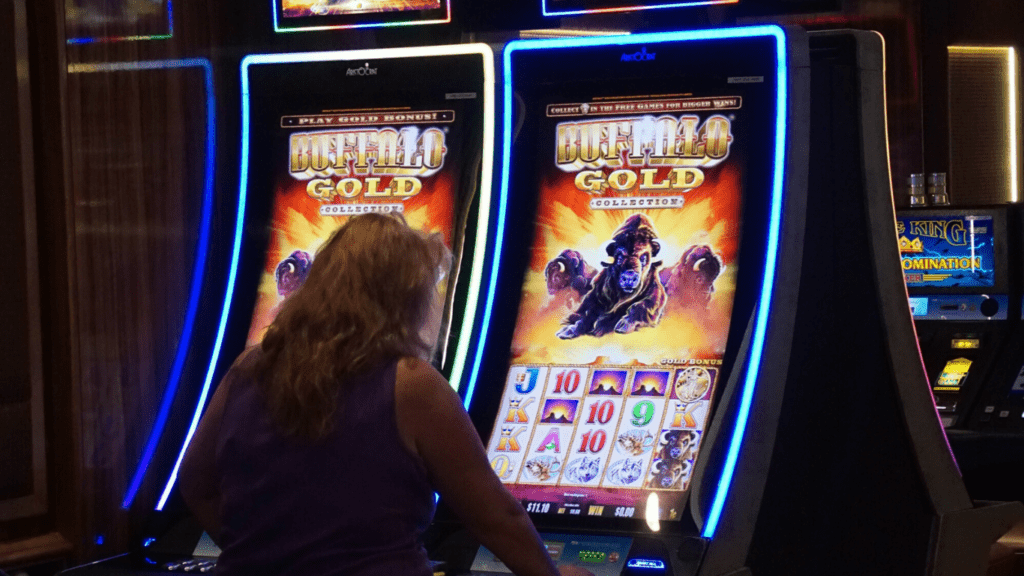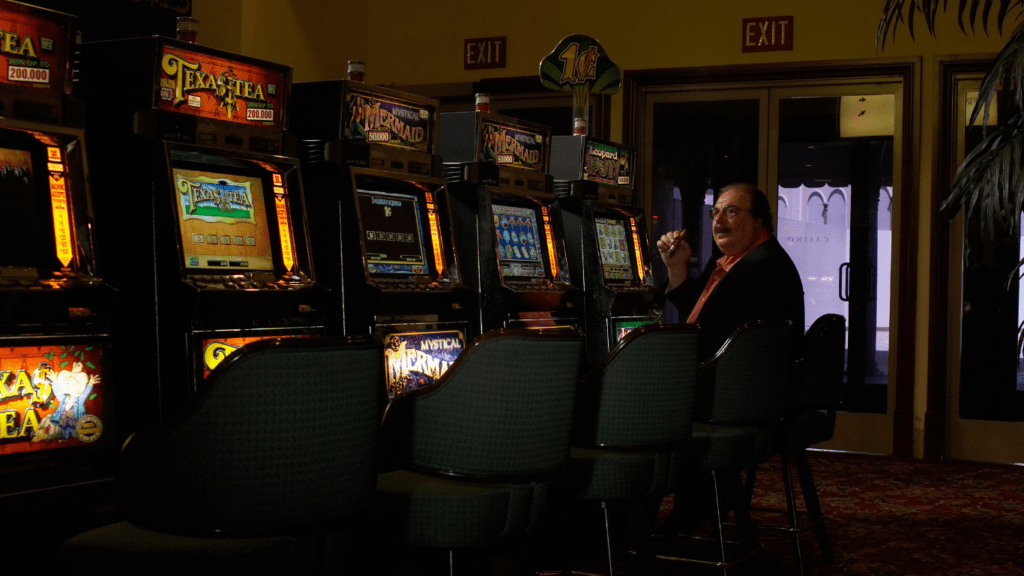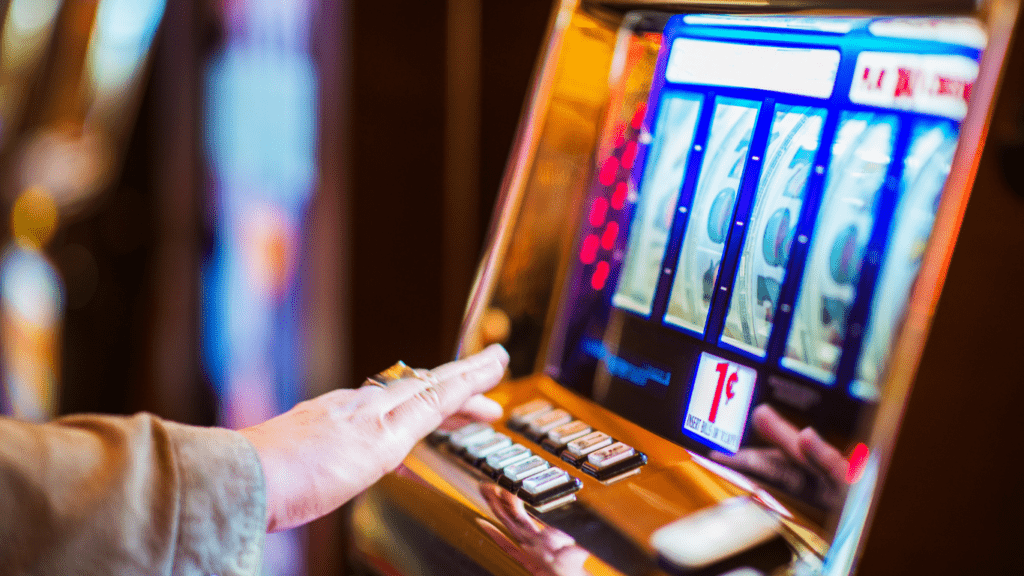Chasing jackpots can be thrilling, but it’s easy to lose track of your spending in the heat of the moment. I’ve learned that the key to enjoying the excitement without regrets is striking a balance between fun and financial responsibility. It’s not about limiting yourself—it’s about making smarter choices so you can play guilt-free.
Budgeting for fun doesn’t mean sacrificing the thrill. With a little planning, you can indulge your passion for jackpots while keeping your finances in check. Whether it’s setting limits, tracking expenses, or prioritizing your goals, managing your money wisely ensures the fun lasts longer.
Understanding The Importance Of Budgeting For Fun
- Budgeting for fun creates financial stability while allowing space for enjoyment. It ensures money is allocated responsibly, preventing overspending. By establishing clear limits, I can avoid the stress of financial uncertainty and focus on the excitement of hitting jackpots.
- Uncontrolled spending can lead to regret and disrupt long-term financial goals. For example, spending more than planned on gambling might lead to missed bills or savings goals. Creating a budget helps me enjoy entertainment guilt-free and keeps priorities balanced.
- Tracking expenses provides insight into spending habits and highlights areas for adjustment. For instance, if I notice excessive spending on games or bets, I can reallocate funds to maintain control. This transparency supports a sustainable approach to enjoying leisure activities.
- Establishing a clear boundary between disposable income and essential expenses safeguards financial well-being. Allocating only discretionary funds for gambling ensures that vital needs like rent, groceries, or savings remain untouched. This practice maintains financial health while allowing for indulgence.
Setting A Realistic Gambling Budget
Creating a realistic budget is essential for enjoying gambling responsibly. I focus on ensuring my financial stability while setting clear boundaries for entertainment spending.
Assessing Your Financial Situation
I evaluate my income, fixed expenses, and savings goals to understand how much money I can allocate to discretionary spending. By subtracting necessities like:
- rent
- utilities
- groceries
from my monthly income, I determine my disposable income. This provides a clear picture of the amount I can safely set aside for leisure without compromising essential needs.
Allocating Funds For Leisure Activities
I designate a specific portion of my disposable income for entertainment, including gambling. For example, if my monthly disposable income is $700, I might allocate 10%, or $70, to gambling. This allocation accounts for other recreational activities as well, ensuring balance without overspending on gambling alone. By setting a fixed amount, I maintain control over my discretionary spending.
Avoiding Common Budgeting Mistakes
I avoid using credit cards or borrowing money to fund gambling activities, as this can lead to debt and financial strain. Another common pitfall I sidestep is chasing losses. If I reach my budget limit, I stop playing rather than dipping into funds meant for other purposes. I also review expenses regularly to ensure my gambling budget aligns with my overall financial plan, making adjustments as needed.
Strategies For Managing Money At Casinos

Effective money management at casinos ensures the fun stays enjoyable without financial repercussions. Applying practical strategies allows for a thrilling experience while protecting long-term financial stability.
Sticking To Your Budget
I always decide on a fixed amount of money to bring to the casino, using only funds allocated in my disposable income. I separate casino money from other funds, often using cash instead of cards, to maintain control over spending. If I hit my limit, I commit to stopping for the day, viewing it as a safeguard rather than a restriction.
Tracking every expense, from slot machine spins to table bets, provides a clear picture of how funds are being used. Reviewing these expenses after visiting helps refine future budgets and avoid overshooting limits.
Using Winnings Wisely
Any winnings I collect at the casino go into two categories: fun money and savings. I usually pocket a portion immediately to bolster my savings, ensuring none of it is re-bet impulsively. Allocating part of my budget for non-gambling activities enhances the value of my time and funds.
I avoid viewing winnings as “free money.” Instead, I treat them as an opportunity to enhance financial stability or fund future entertainment. In this way, I ensure my earnings work for me rather than slip away recklessly.
Recognizing When To Walk Away
Setting win and loss limits creates a clear stopping point, minimizing unnecessary risks. I stay disciplined by walking away once I reach my pre-set thresholds, avoiding potential setbacks.
Paying attention to my emotional state is critical. If disappointment or frustration arises, I step back, knowing rational decisions are harder under stress. Leaving on a high note or after reaching my budget limit prevents chasing losses and reinforces long-term financial control.
Fun Alternatives To Gambling On A Budget
Enjoying entertainment doesn’t require overspending or relying solely on gambling for excitement. There are cost-effective and engaging options that provide fun while keeping finances in check.
Exploring Low-Cost Entertainment Options
Focusing on low-cost entertainment offers a range of enjoyable activities without financial strain. Group board game nights bring people together at minimal expense. Streaming platforms provide movies, TV shows, and documentaries for a low monthly fee. Visiting local attractions, such as free museums or parks, creates memorable experiences at little to no cost. Attending community events, such as festivals or open mic nights, combines fun with affordability.
Joining Social Gambling Communities
Participating in social gambling communities offers a risk-free way to enjoy gambling-like activities. Free-to-play apps simulate casino games without requiring real money. Community poker games, where winnings are non-monetary rewards like gift cards, encourage camaraderie. Online forums or gaming groups provide virtual interaction, enhancing the social and enjoyable aspects of the experience. Engaging with these communities can maintain excitement while eliminating financial risks.





